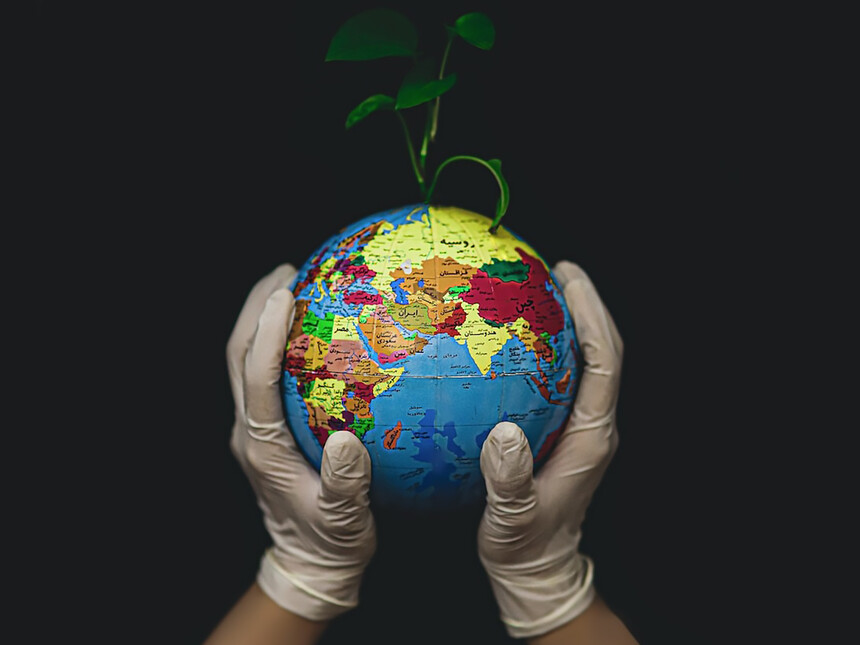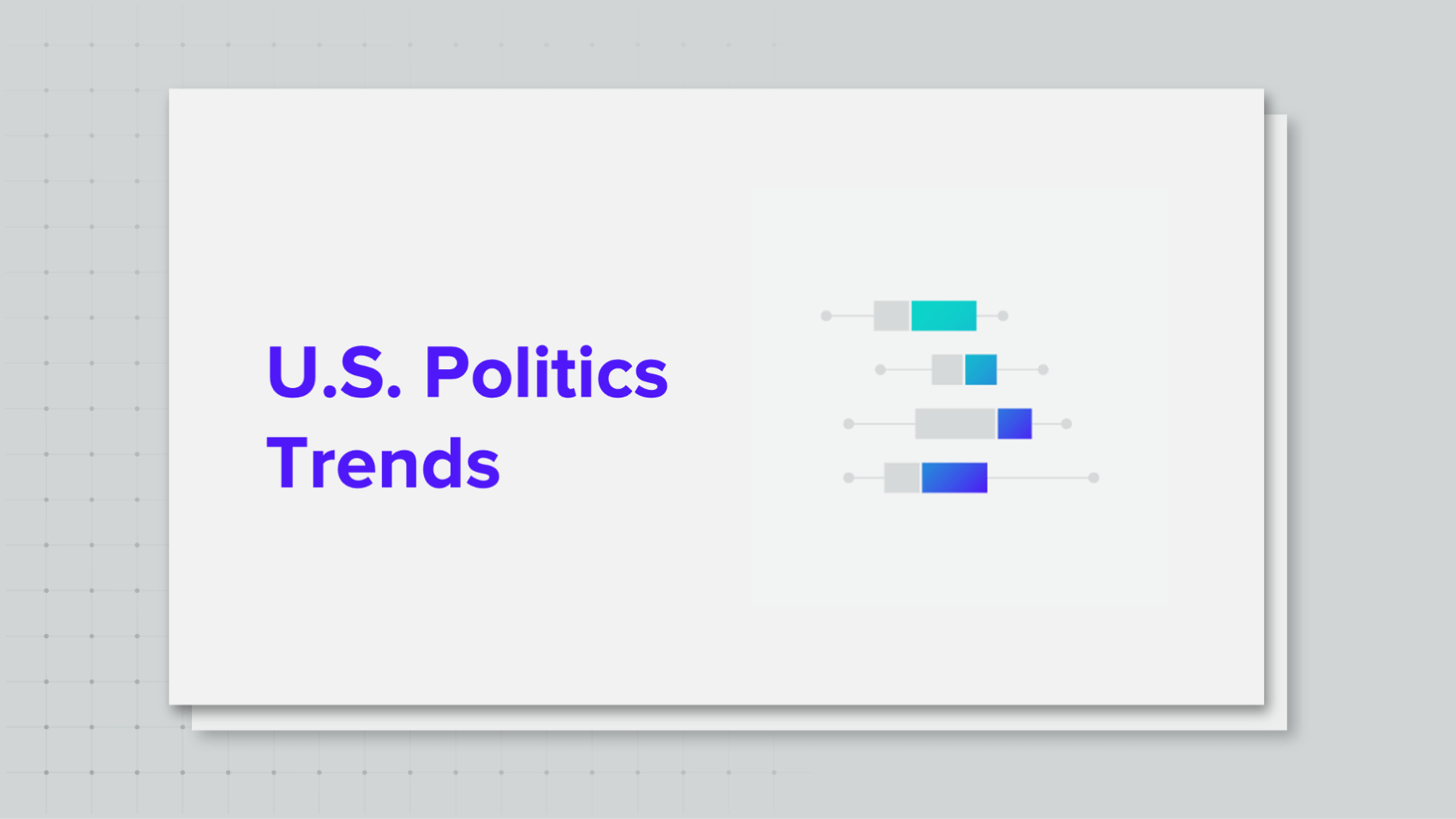In the realm of global politics and international relations, two critical concepts have gained increasing prominence over the past few decades: sustainable development and economic diplomacy. While these two may appear to be distinct domains, a closer examination reveals that they are inextricably linked, often working in tandem to shape the future of nations and the world at large.
Sustainable development, as defined by the United Nations, is “development that meets the needs of the present without compromising the ability of future generations to meet their own needs.” This concept, which encompasses environmental, social, and economic dimensions, emphasizes the long-term well-being of societies while safeguarding the planet. It is no longer a mere buzzword but a moral imperative and a global commitment. Economic diplomacy, on the other hand, is a strategic approach employed by nations to advance their economic interests and foster cooperation with other countries. This often involves negotiation, trade agreements, investment, and other diplomatic initiatives.
The connection between sustainable development and economic diplomacy becomes evident when we consider how sustainable practices can shape a nation’s diplomatic relations, foster international cooperation, and enhance economic growth. Here are some key aspects of this intricate relationship:
Green diplomacy as a diplomatic tool
Sustainable practices have become a diplomatic tool, allowing nations to build positive relationships with like-minded countries. By promoting green technologies, renewable energy, and environmentally responsible policies, nations not only reduce their environmental impact but also earn respect and cooperation from others. Denmark, for instance, has successfully employed green diplomacy to enhance its global influence, particularly in the renewable energy sector. The adoption of sustainable practices can be seen as a strategic move to gain diplomatic leverage.
Trade and sustainability
Economic diplomacy and sustainable development often converge in the context of international trade. Nations that adhere to environmental standards and promote sustainable production processes may find it easier to access global markets. Sustainable products often enjoy preferential treatment, and trade agreements with environmental clauses can stimulate sustainable practices in the private sector. The European Union’s emphasis on sustainability in trade agreements is a prime example of how economic diplomacy aligns with the sustainable development goals.
Global responsibility and reputation
Nations that prioritize sustainable development are often seen as responsible global citizens. This positive reputation can open doors for economic opportunities and diplomatic partnerships. It fosters a sense of trust and reliability, which is crucial in international diplomacy. For instance, the Nordic countries’ commitment to providing substantial foreign aid and supporting international development projects has not only improved their global standing but has also created diplomatic opportunities.
Long-term economic benefits
Sustainable development may require initial investments and policy changes, but it often yields substantial long-term economic benefits. Clean energy, resource efficiency, and reduced environmental impact can lead to cost savings, job creation, and increased economic resilience. Nations that embrace sustainable practices in their economic strategies are better positioned to thrive in a world increasingly focused on environmental sustainability.
Resilience in economic shocks
Economic diplomacy often includes measures to mitigate economic shocks, such as financial crises or external trade disruptions. Sustainable development practices can enhance a nation’s resilience to such shocks. For example, nations with diversified and sustainable energy sources are less vulnerable to fluctuations in fossil fuel prices. This resilience can be an essential component of a nation’s economic diplomacy.
Therefore, it is evident that the relationship between sustainable development and economic diplomacy is not only existent but also strategically advantageous. Embracing sustainability is not just a matter of ethical responsibility but a way to shape diplomatic relations, improve a nation’s global standing, access economic opportunities, and ensure long-term economic resilience. The synergy of sustainable development and economic diplomacy offers a path forward for nations seeking to navigate the complex web of international relations while addressing pressing global challenges. In an interconnected world, the diplomacy of the future will have an ambitious but realistic goal to be greener, more sustainable, and geared towards fostering global cooperation in the pursuit of a better world for all.
References
1 Aggarwal, Vinod; Redie, Andrew (2022), The new reality of economic statecraft, Global Asia, Seoul, Korea.
2 Coomer, John (1979), Sustainability: Living within the self-perpetuating limits of the environment, In: Coomer, John and Goldsmith, Edward (eds.), The Sustainable Society: An Integrated Approach, Penguin Books, London.
3 Danida (2017), The World 2030: Denmark’s strategy for development cooperation and humanitarian action, the Ministry of Foreign Affairs of Denmark, Copenhagen, Denmark.




